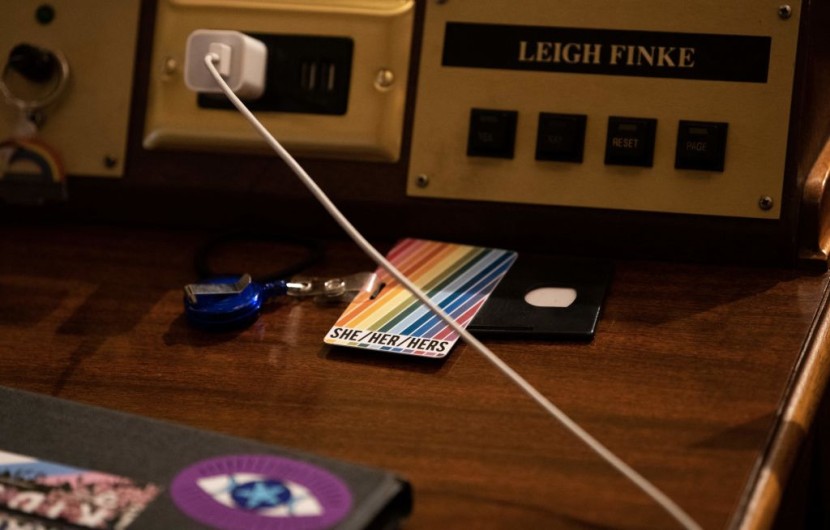A judge ruled Tuesday that Georgia can continue enforcing a prohibition on hormone replacement therapy for transgender people under the age of 18 after a federal appeals court permitted Alabama to implement a similar restriction.
In light of the Alabama judgment, state attorneys asked Judge Sarah Geraghty to vacate the preliminary injunction, as reported by The Associated Press.
Geraghty did not go that far, but she did say that maintaining her injunction in place was impossible when a three-judge panel of the 11th Circuit Court of Appeals, which covers Georgia, ruled on Alabama's law last month.
She instead ordered a stay, or hold, on her injunction in anticipation of the Alabama case being reheard before a larger panel of the court's judges.
The Fight Continues
The Georgia attorney general's office, according to Kara Richardson, is happy with the verdict and "will continue fighting to protect the health and well-being of Georgia's children."
Attorneys for the plaintiffs in the Georgia case expressed disappointment, "primarily for the families who are unable to obtain the care they require in Georgia or make medical decisions in the best interests of their children," and underscored that their legal fight was far from finished.
According to the 11th Circuit panel's decision last month, Alabama can enact a ban on the use of puberty blockers and hormones to treat transgender youth. It was issued just one day after Geraghty issued her preliminary injunction.

Senate Bill 140 in Georgia permits doctors to administer puberty-blocking drugs, and children who are already undergoing hormone therapy can continue to do so. However, it prohibits any new patients under the age of 18 from beginning hormone therapy. It also prohibits the majority of gender-affirming procedures for transgender people under the age of 18.
It went into effect on July 1. On August 20, Geraghty issued a preliminary injunction prohibiting it. In a lawsuit challenging the prohibition, six transgender children, parents, and a community organization requested the order.
Read also: Alabama Bans Trans Athletes from Women's College Teams
The Problems That Come With the Ban
Geraghty stated in her August judgment that the ban posed "imminent risks" to the transgender youngsters who requested the injunction, including sadness, anxiety, eating problems, self-harm, and suicidal thoughts. She claimed that the dangers outweighed any potential harm to the state from an injunction.
The 11th Circuit justices that decided on Alabama's statute stated that states have "a compelling interest in protecting children from drugs, particularly those for which there is uncertainty regarding benefits, recent surges in use, and irreversible effects."
Long before medical intervention, doctors often direct children toward therapy or voice coaching.
Puberty blockers and other hormone treatments were significantly more frequent at the time than surgery. They have been available in the United States for almost a decade and are routine therapies supported by major medical organizations such as the American Medical Association.
At least 22 states have already passed legislation restricting or prohibiting transgender kids from receiving gender-affirming medical care. The majority of the states have been sued.
Related article: Texas To Ban Transgender Medical Care for Minors
© 2026 HNGN, All rights reserved. Do not reproduce without permission.








